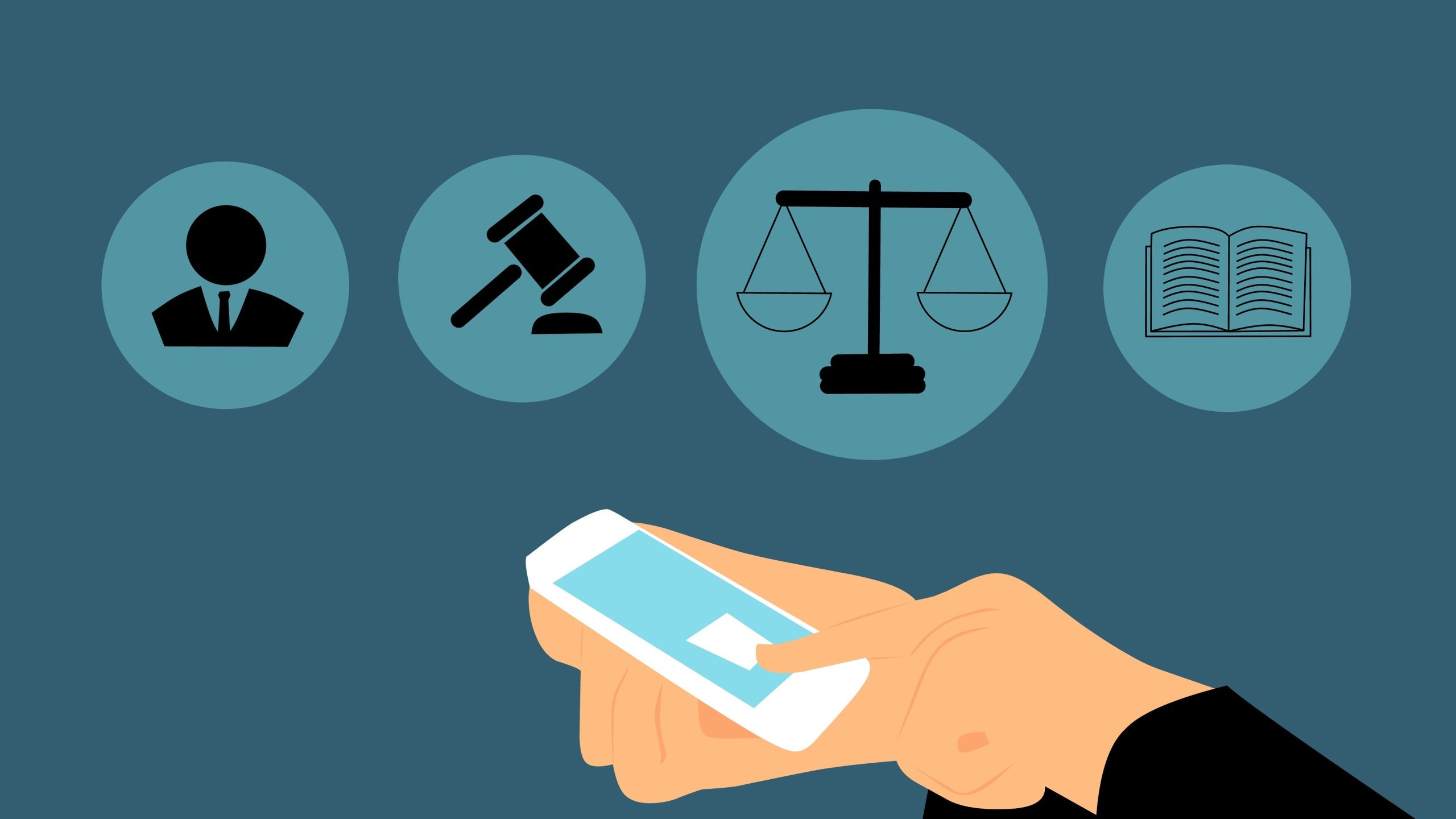Artificial intelligence (AI) is an exciting emerging technology — and under this is machine learning (ML), which is an application of AI that utilizes data and algorithms to imitate how humans learn without human assistance. AI and ML are both already being employed by various industries, from Amazon’s smart home assistants to Netflix’s ability to give title recommendations tailored to user preferences.
Aside from these conglomerates, more companies in various fields are showing that AI and ML are increasingly becoming a necessity in the modern world. Our article on the ‘Top AI Applications Across 5 Major Industries’ talks about more real-world applications of the technology. In healthcare, for instance, AI can draw faster and more accurate insights from medical scans. This allows doctors to more easily identify diseases and formulate treatment plans. Meanwhile, natural language processing (NLP) technology, a specified ML technology, can summarize medical texts from reports to reduce the amount of a doctor’s paperwork.
The legal industry is also slowly integrating AI and ML into its backbone. After all, with algorithms and data, both can easily execute some services that are repetitive and time-consuming. With that, below are some applications of these technologies in the legal industry:
Contract review
Reviewing contracts is a big part of the work in law firms. Lawyers need to redline items, edit contracts, and counsel clients on the risks and issues in how a contract is written. This ultimately leads to whether or not a client should sign. As mentioned in an article on contract law by US News, being detail-oriented is good, but a lawyer should also always keep in mind a contract’s purpose and see the clauses within that context. However, the process can be tedious, and there’s a possibility of mistakes, especially due to the minute details and long length of documents.
With AI, contracts can be analyzed in bulk. Kira Systems is one of the software companies that have created AI tools for contract review. These tools can examine the contracts by adopting ML through NLP and deciding which parts of the contract are agreeable and which are not. Among some of the law firms that use AI for contract review are Hogan Lovells and Bennett Jones.
eDiscovery
Simply put, eDiscovery is the use of AI for collecting electronic data by certain companies who then upload it to databases where attorneys can review and present them to the opposing party. This process is actually quite complicated. And as seen in an article on eDiscovery processes by LHH, the sooner you start the better. This is because data from various sources will need to be collected.
After the data is collected, they need to be analyzed and culled with the help of ML. This can include file extension filtering, data filtering, and de-duplication. Yet afterward, data should be processed for easier review, coding, and quality control checking. Law firms deal with sensitive data, and eDiscovery allows them to easily and safely collect, manage, and access the data they need. It also ensures that the data is well organized. Among the law firms that are already using eDiscovery are Bredhoff & Kaiser and Wilenchik & Bartness.
Legal research
Almost every legal process requires some amount of research. Bloomberg Law explains legal research as an extensive process of finding information to find out how previous courts have dealt with similar cases. Beginning this type of research entails identifying the scope of the legal question. This includes the relevant jurisdiction, key sources and search terms, and the applicable period. Depending on how much research you need, it can get monotonous and tiring quickly.
Fortunately, AI-powered software can help analyze documents and when a certain document is flagged as relevant, ML algorithms can find other documents that are similarly relevant. Online legal data resources are also regularly improving search algorithms to help lawyers find good case-related materials.

